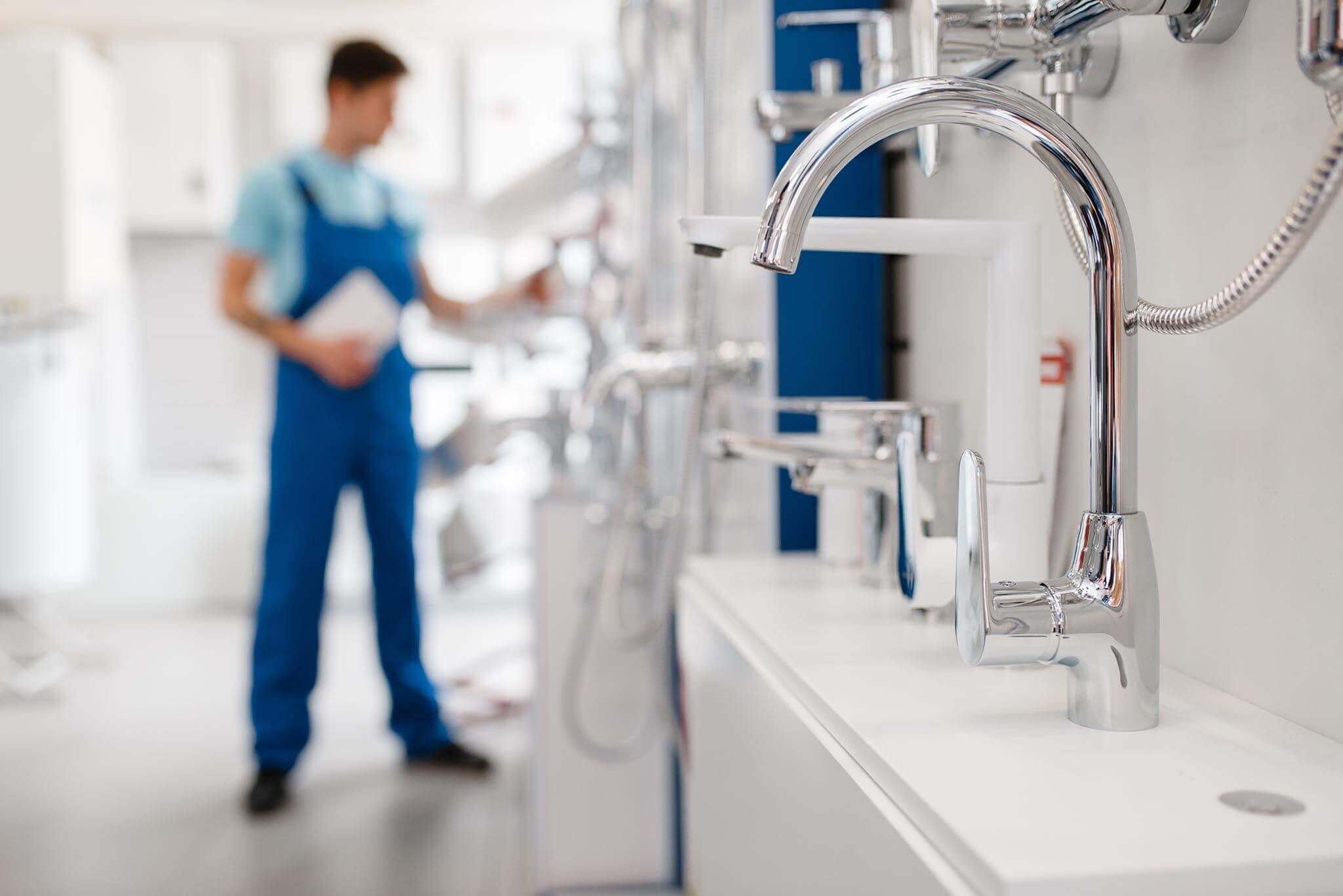Understanding your plumbing system is crucial to all property owner. We rely on our pipe system daily, ranging from taking a shower and washing dishes, yet we often overlook the functioning of this elaborate setup. Several common plumbing problems might not only disturb your daily routine, but may also cause significant damage if not dealt with in a timely manner. Therefore familiarizing yourself on simple plumbing matters as well as solutions is a step in moving forward.
In this introductory handbook, we will examine a list of ten frequent plumbing troubles and how to fix them, cover when it’s best to hire a professional plumber, and offer tips for preventative maintenance. We’ll address crisis plumbing scenarios, like steps to take if your pipes rupture, as well as give strategies to prepare your plumbing for various seasons. Whether you are a seasoned DIY enthusiast or a newcomer to home maintenance, this guide is designed to help you understand your plumbing system better and ensure it operates well for years to come.
Frequent Plumbing Issues and Fixes
One of the greatest common plumbing issues householders encounter is a clogged drain. This difficulty can arise from the buildup of human hair, soap, and organic matter over time. To address a minor obstruction, try using a piston pump or a drain snake. For heavier blockages, a mixture of baking soda and vinegar can help decompose the material. However, if the clog does not go away, it may be wise to consult a professional plumber to avoid damage to your pipes.
Another regular issue is leaking faucets, which can lead to wasted water and higher bills. Often, the culprit is a worn-out washer or O-ring. This can usually be resolved by turning off the flow of water, disassembling the faucet, and replacing the faulty parts. Regular upkeep can help decrease the chances of leaks occurring, conserving both money and water in the end.
Finally, insufficient water pressure can be a irritating concern for many property owners. This issue can be caused by a accumulation of mineral deposits in the water lines, a leak, or difficulties with the municipal water system. If low pressure is restricted to one fixture, check for any clogs in the aerator. If the issue is general, it may indicate a larger issue, such as a leak in the main water line, which would require professional assessment to resolve effectively.
When to Call a Professional Plumber
Recognizing the right time to call a certified plumber can save you time, worry, and potential harm to your home. If you spot a major leak, persistent clog, or a sudden drop in water pressure, it's important to contact for expert help. These problems might indicate underlying complications that could worsen if not dealt with promptly. Furthermore, if you hear unusual noises coming from your pipes or see water stains on walls or ceilings, it’s a clear sign that something is wrong.
Another situation to think about is when you're dealing with plumbing tasks that are outside of your skill level. Simple repairs like changing a faucet or unclogging a drain can often be managed on your own. However, if you come across more complicated scenarios, such as a broken pipe or problems with your sewage system, it's imperative to enlist the help of a licensed plumber. They have the equipment and expertise to handle safety concerns while ensuring the job is done correctly the first time.

Ultimately, if you're considering renovations that involve plumbing work, it's best to seek guidance from a qualified from the start. visit site can help you select the right fixtures and make sure everything is installed according to code. This not only prevents future headaches but also ensures that your plumbing system runs efficiently and meets your needs. Keep in mind, it's always better to be safe than sorry when it comes to plumbing issues.
Preventative Maintenance Tips for Homeowners
Consistent maintenance is essential to preventing costly plumbing repairs and ensuring a functional system. One of the most straightforward ways to maintain your plumbing is to regularly check for leaks. Check faucets, toilets, and under sinks for any signs of wetness or drips. Tackling these issues promptly can save water and prevent bigger problems down the line. Moreover, keeping an eye on your water bill can warn you to any unanticipated increases that may signal a hidden leak.
Another essential maintenance task is to stop clogs in your drains. Educate your family about what should and shouldn’t be disposed of through sinks and toilets. Periodically clean out such areas as sink traps and shower drains to remove hair, debris, and grease buildup. Using a drain strainer can also help trap particles that contribute to clogs. Every few months, consider using a gentle drain cleaner or a mixture of vinegar and baking soda to keep your pipes unclogged.
In conclusion, make it a habit to flush your water heater every year to eliminate sediment buildup, which can improve efficiency and extend its lifespan. Check the temperature setting on your water heater; maintaining it at 120 degrees Fahrenheit not just prevents scalding but can also reduce energy costs. Don’t forget to inspect exposed pipes for freezing risks during chilly months, and insulate any vulnerable areas to stop burst pipes. Regular maintenance will ensure your plumbing system runs efficiently for years to come.
